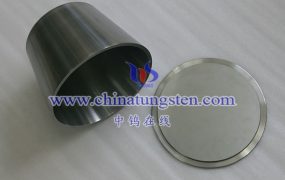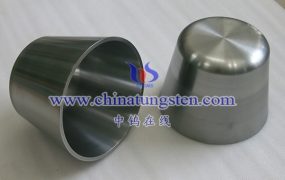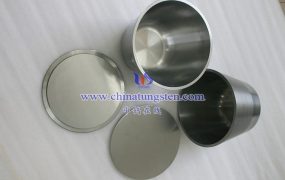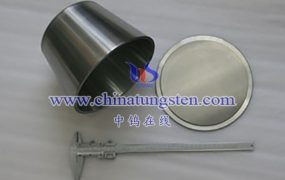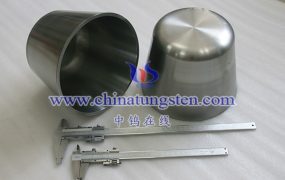Impurities in the glass material may have the following effects on the service life of molybdenum electrodes:
Corrosion and Erosion: Certain impurities in the glass material may be corrosive or aggressive and cause damage to the molybdenum electrode surface. These impurities may chemically react with the molybdenum electrode, causing corrosion, corrosion or oxidation of the electrode surface, resulting in damage and performance degradation of the electrode.
Reduced conductivity: Certain impurities may affect the conductivity of the glass material, thereby affecting the current conduction efficiency of the molybdenum electrode. When the current cannot be effectively conducted through the glass material to the electrode, it will cause the electrode to heat unevenly or not work properly, which will affect the service life of the electrode.
Thermal stress: Some impurities can cause thermal stress in glass materials at high temperatures. When the glass material is subjected to thermal stress, it may cause stress concentration on the part where the molybdenum electrode is attached to the glass surface, resulting in cracking or damage of the electrode.
Outgassing: Certain impurities may outgas during glass melting. The release of these gases may lead to the formation of gas bubbles or pores between the molybdenum electrode and the glass, thereby affecting the contact and stability of the electrode and the glass, and reducing the service life of the electrode.
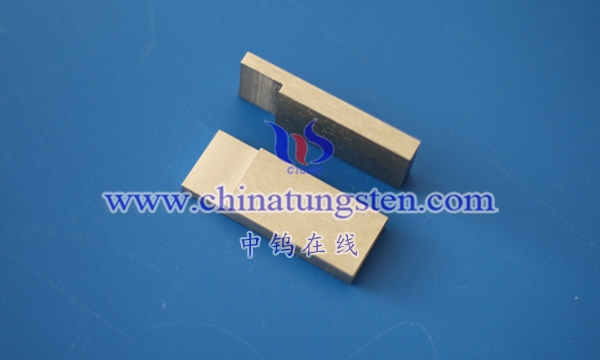
More details of molybdenum or molybdenum alloy products, please visit website: http://molybdenum-alloy.com/index.html
Please contact CHINATUNGSTEN for inquiry and order of molybdenum alloy products:
Email: sales@chinatungsten.com
Tel.: +86 592 5129595

